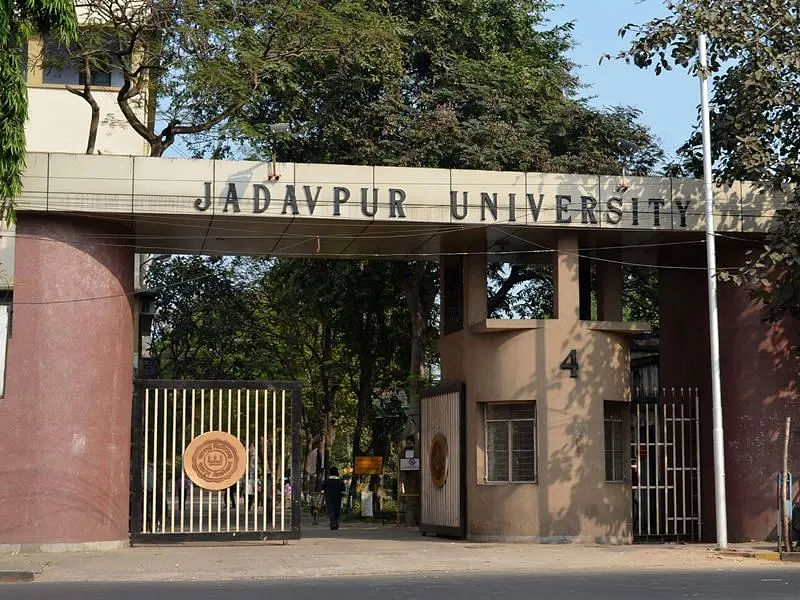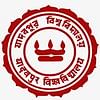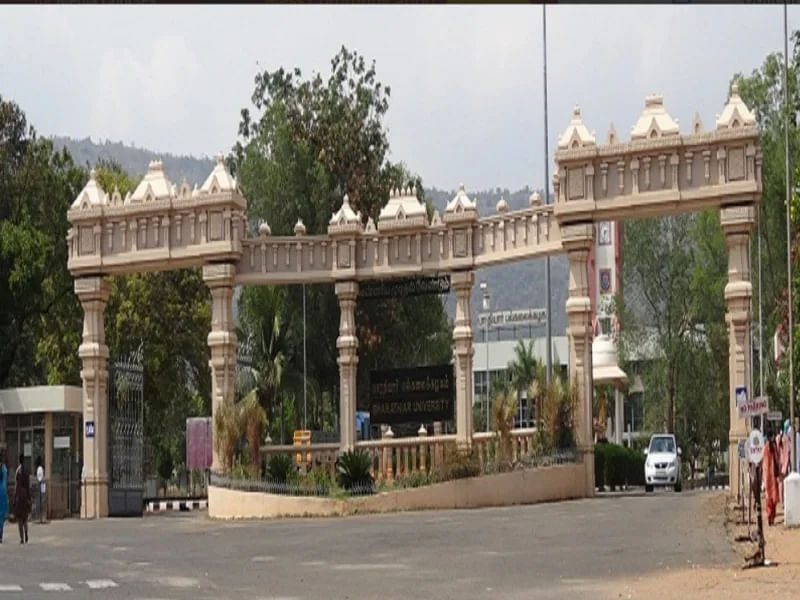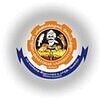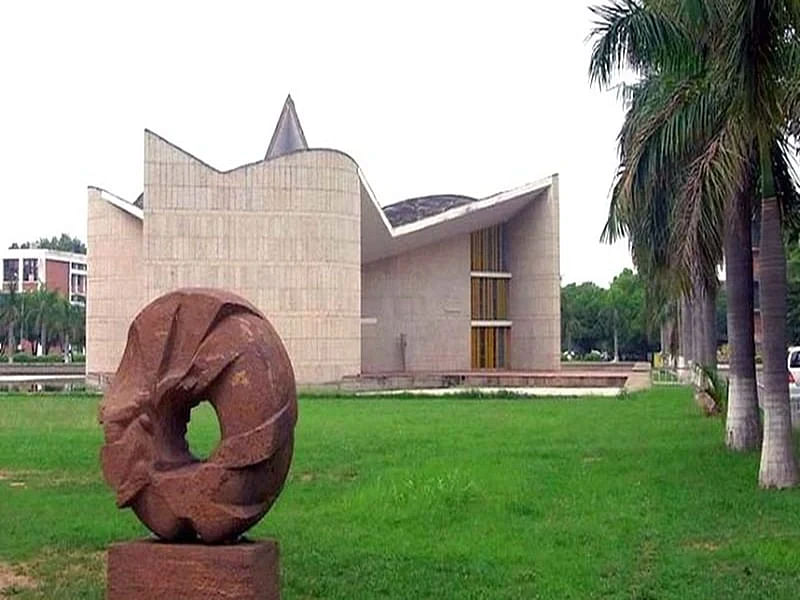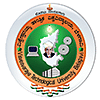M.Phil Economics Syllabus and Subjects

The M.Phil Economics subjects and syllabus is two years which is equally segregated into four papers. M.Phil Economics Syllabus and subjects cover econometric methods, Advances in Microeconomic Theory, Trade and Development Dynamics, ROL, Dissertation, and many more. M.Phil Economics gives an insight into financial and economic development through these topics under syllabus and subjects.
Semester Wise M.Phil Economics Syllabus
Like any other academic degree, M.Phil Economics Subjects and Syllabus teach students in classrooms through theory and lectures, projects, and research assignments, among other things. The M.Phil Economics course is structured into four papers, with a dissertation in the final semester. M.Phil Economics course list consists of 5-8 compulsory core subjects and many elective courses which a student has to choose. The following is M.Phil Economics Subjects semester wise:
|
Semester I |
Semester II |
|
Agricultural Development: Technological Change, Price Policy & Land Reforms |
Growth, Sectoral Composition, Poverty and Unemployment |
|
Industrial Development |
Intellectual Property Rights TRIPs And Their Implications |
|
Foreign Trade, Trade Policies, and Balance of Payments |
Alternative Theories of the Firm -Critical |
|
Foreign Direct Investment |
Williamson’s Model Of Managerial Discretion |
|
Marris Model Of The Managerial Enterprise |
Fiscal Policy and Fiscal Reforms |
|
Semester III |
Semester IV |
|
Indian Financial System |
A Behavioral Model Of The Firm |
|
Game-Theoretic Models |
General Equilibrium-Production |
|
Economics of Uncertainty-Individual Behavior Towards Risk |
Expected Utility And Certainty Equivalence Approaches |
|
Comparative Statics In A Closed Economy |
Relative Efficiency of Fiscal and Monetary Policies in an IS-LM Model-The Crowding-out Effect |
|
Unemployment And The Labour Market |
Neo-Classical Labour Market Equilibrium |
The M.Phil Economics Subjects
The M.Phil Economics subjects like Finance, Business, Economics, Investment, etc., are taught in the M.Phil Economics degree curriculum. The graduates must expand their knowledge in the business world with rising economic aspects, which will be beneficial for them to get a better job scope in M.Phil Economics in India and abroad on behalf of their skills.
Core Subjects:
- Econometric Methods
- Advances in Microeconomic Theory
- Trade and Development Dynamics
- ROL
- Dissertation
The M.Phil Economics Course Structure
The M.Phil Economics syllabus and course curriculum is structured into two categories, namely core and elective subjects. The course is divided into six semesters based on finance, economics, business, history of economics, econometrics, macroeconomics, microeconomics, and other topics. Some of the M.Phil Economics course details are:
- IV Semesters
- Core and Elective subjects
- Projects/Assignments
- Dissertation
The M.Phil Economics Teaching Methodology and Techniques
The M.Phil Economics Degree course curriculum includes various teaching methods and techniques that help students understand multiple topics taught in their classes. Some of the different teaching methodologies and techniques adopted in the course curriculum of The M.Phil Economics degree course are as follows:
- Case Studies
- The emphasis of Practical and Theoretical Learning
- Guest Lectures, Seminars, and Conferences
- Group Assignment and Discussion
- Presentations and Modules
- Research & Development
The M.Phil Economics Projects
Project Topics for the M.Phil Economics is an amazing resource opportunity for students from economic backgrounds and aspirants looking to complete the doctorate program ahead. Students pursuing the M.Phil Economics project topics are Demonetization in India, Cost Function and Cost Curve, Balance of Payment, Production Possibility Curve, Price Discrimination, etc. Some of the best project topics for the M.Phil Economics Course:
- Banking Sector Reforms
- Tax Reforms
- Immigration
- Inequality and Poverty
- Jobs and Unemployment
- Economic Growth
- Education
- Green Economics
The M.Phil Economics Reference Books
Best books for M.Phil Economics help students understand various subjects and topics covered in the course curriculum. The M.Phil Economics reference books help undergraduates expand their knowledge and vision about multiple topics covered in their classes. Some of the very best M.Phil Economics books are:
|
Books |
Authors |
|
Principles of Economics |
N. Gregory Mankiw |
| Principles Of Economics: Principles of Economics (Pearson Series in Economics) |
Karl E. Case, Ray C. Fair, and Sharon M. Oster |
|
Essential Mathematics for Economic Analysis |
Prof Knut Sydsaeter and Prof Peter Hammond |
|
Fundamental Methods of Mathematical Economics |
Chiang, Wainwright |
|
People's History of India |
Irfan Habib |




